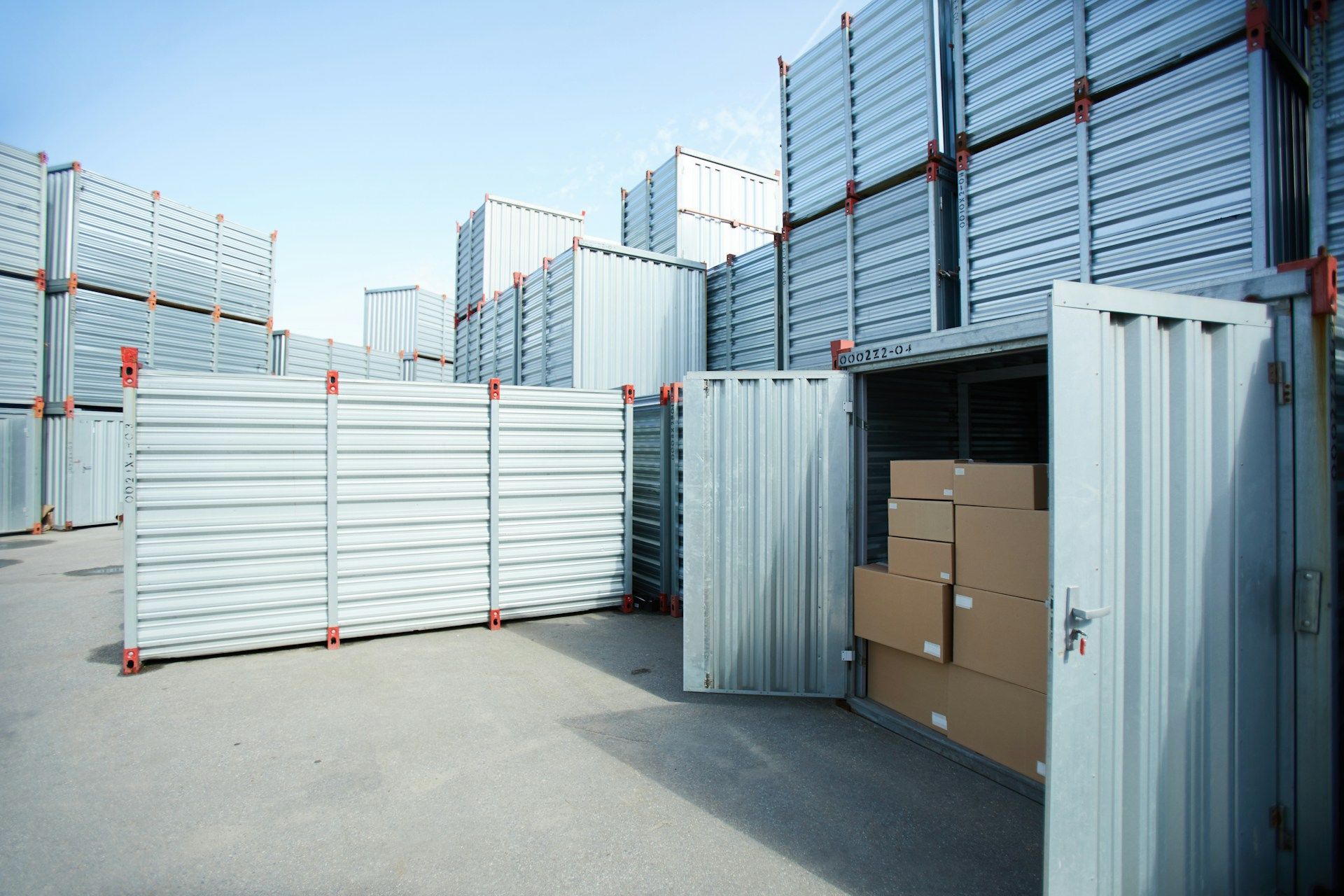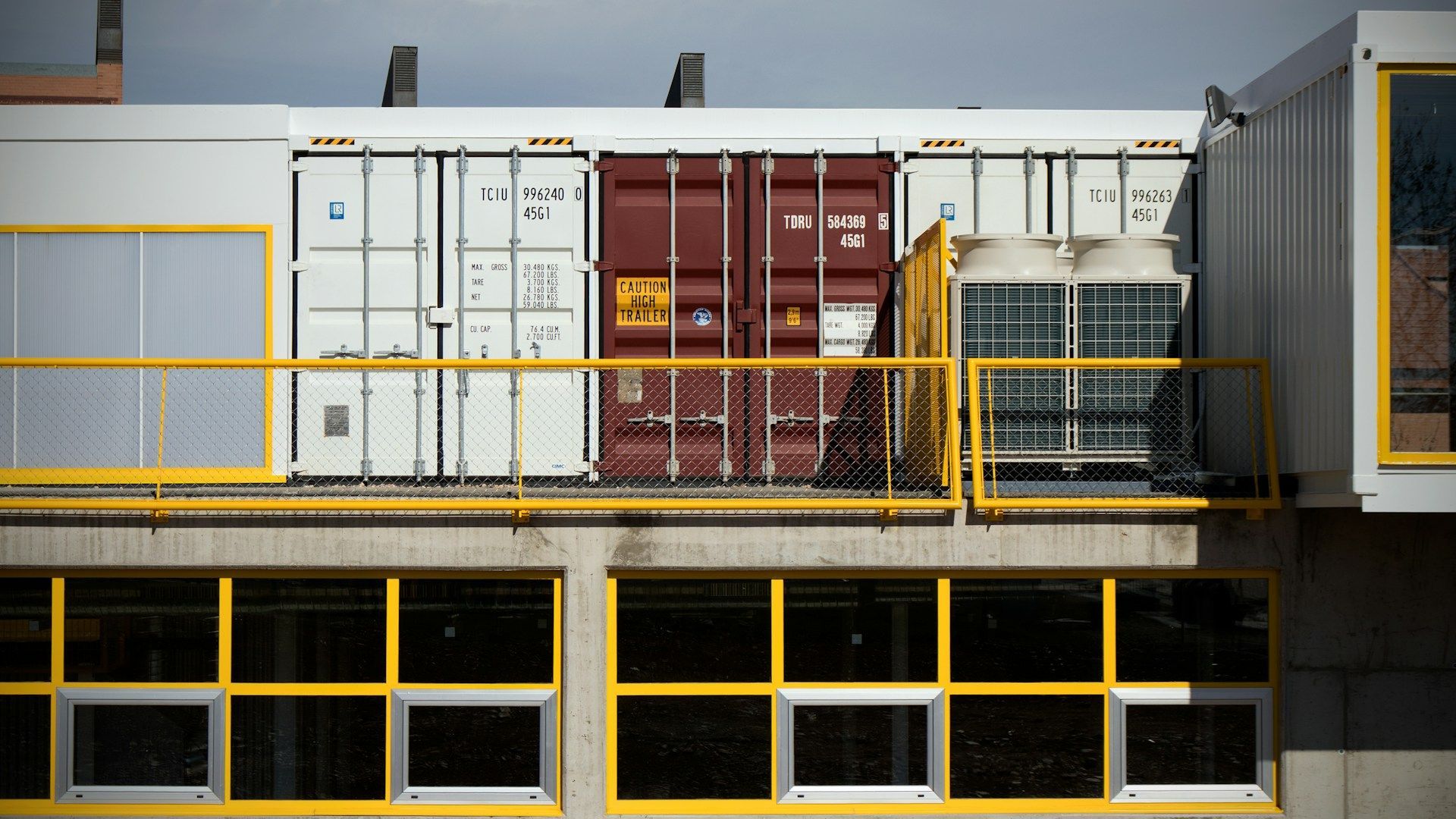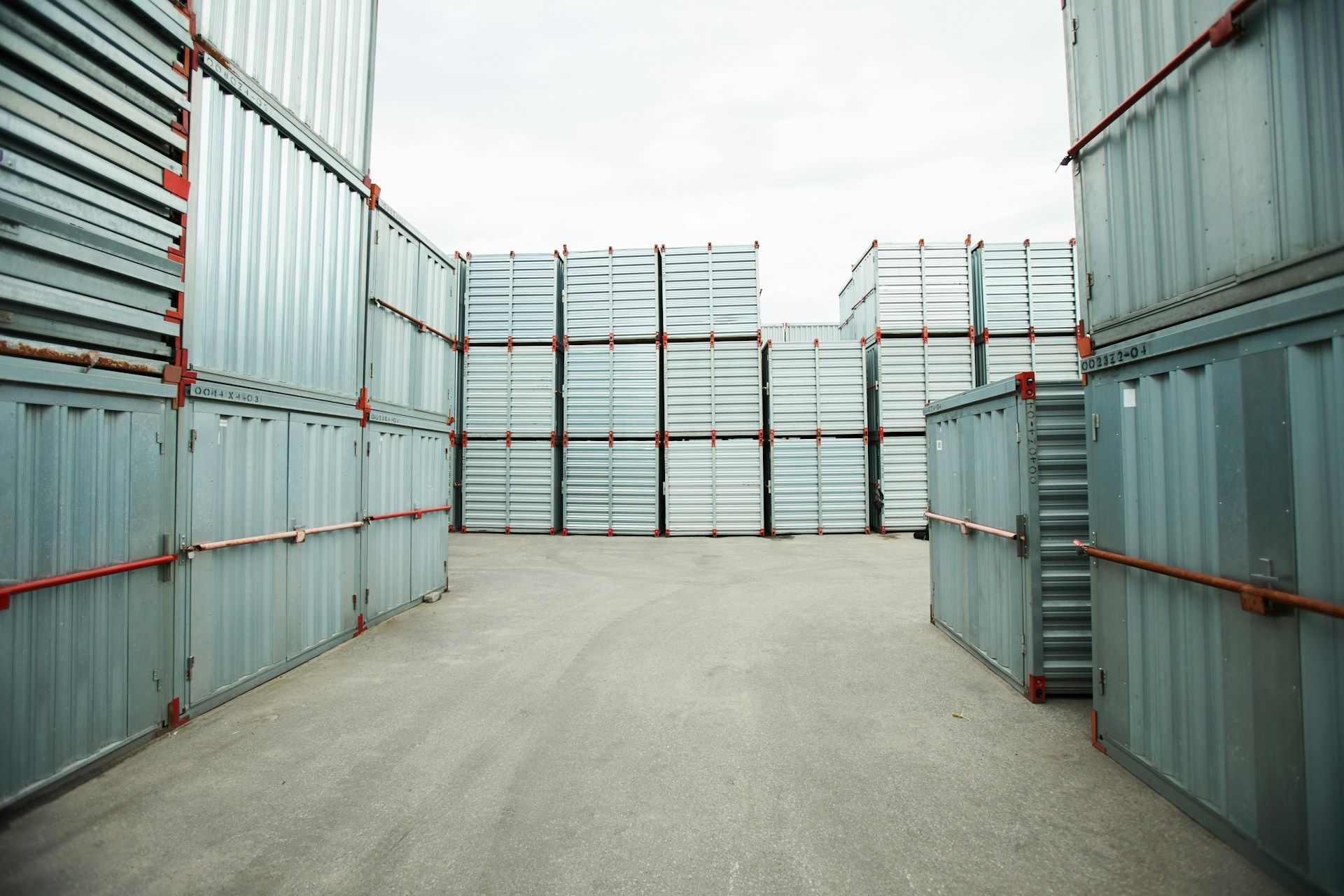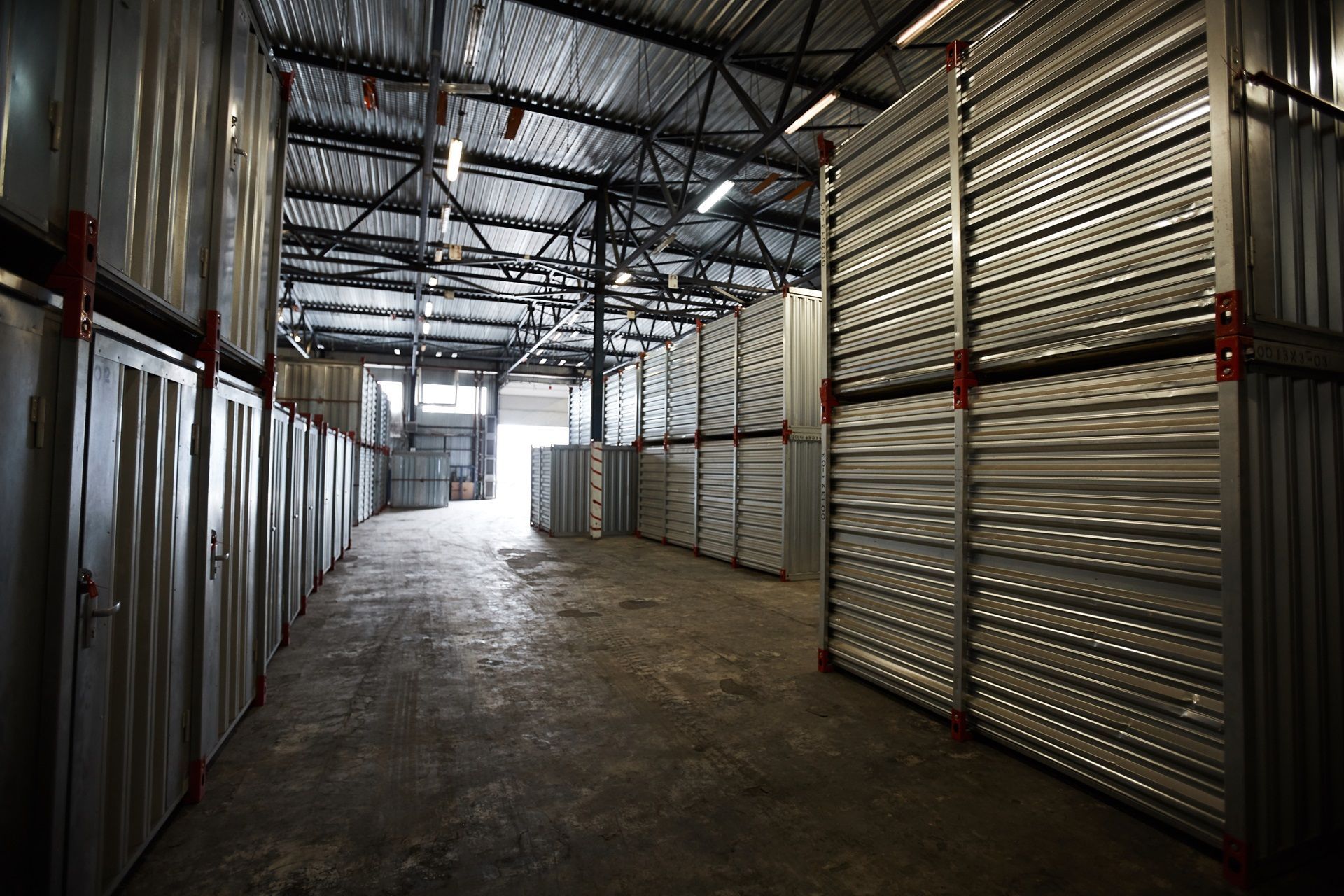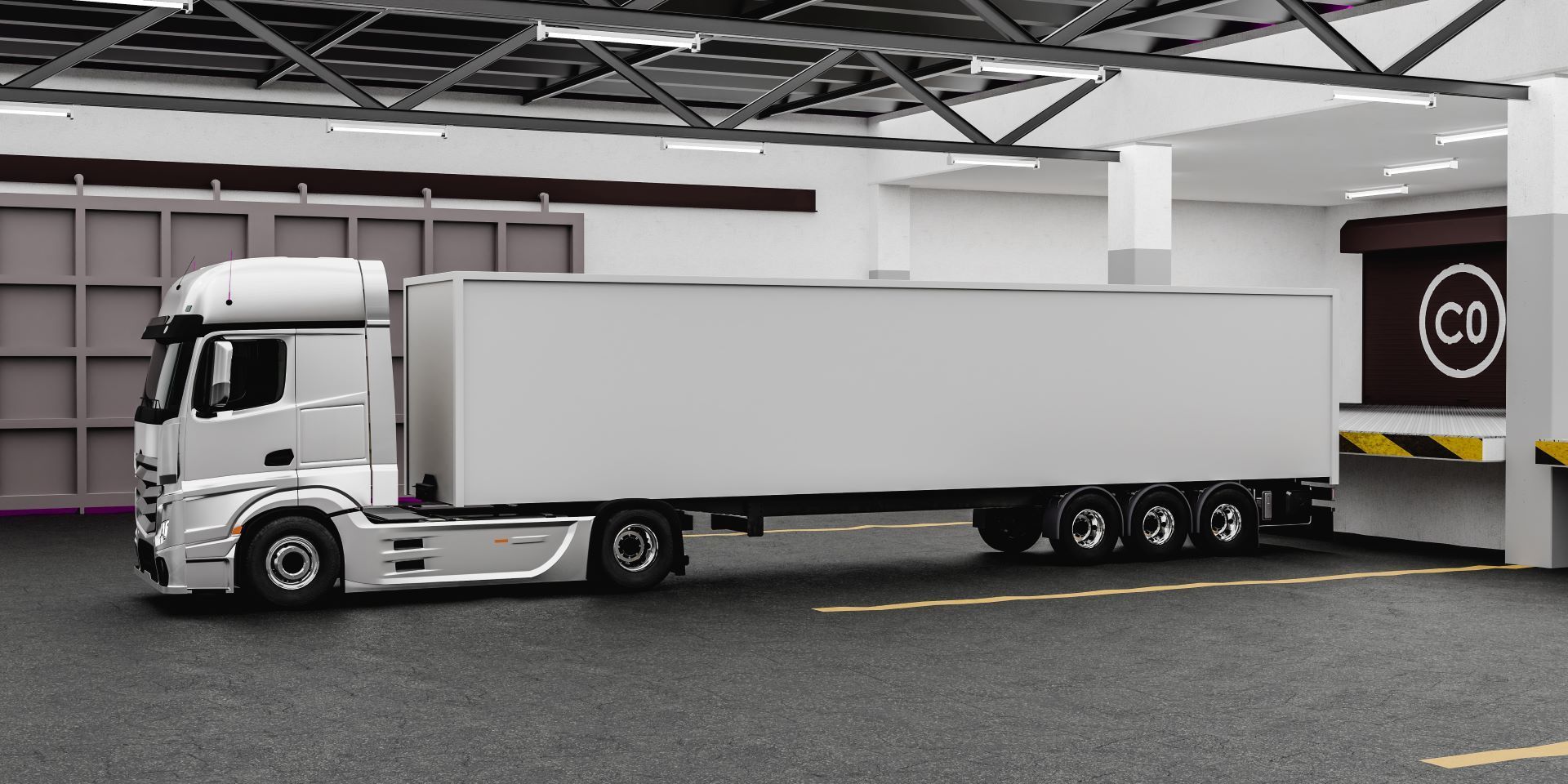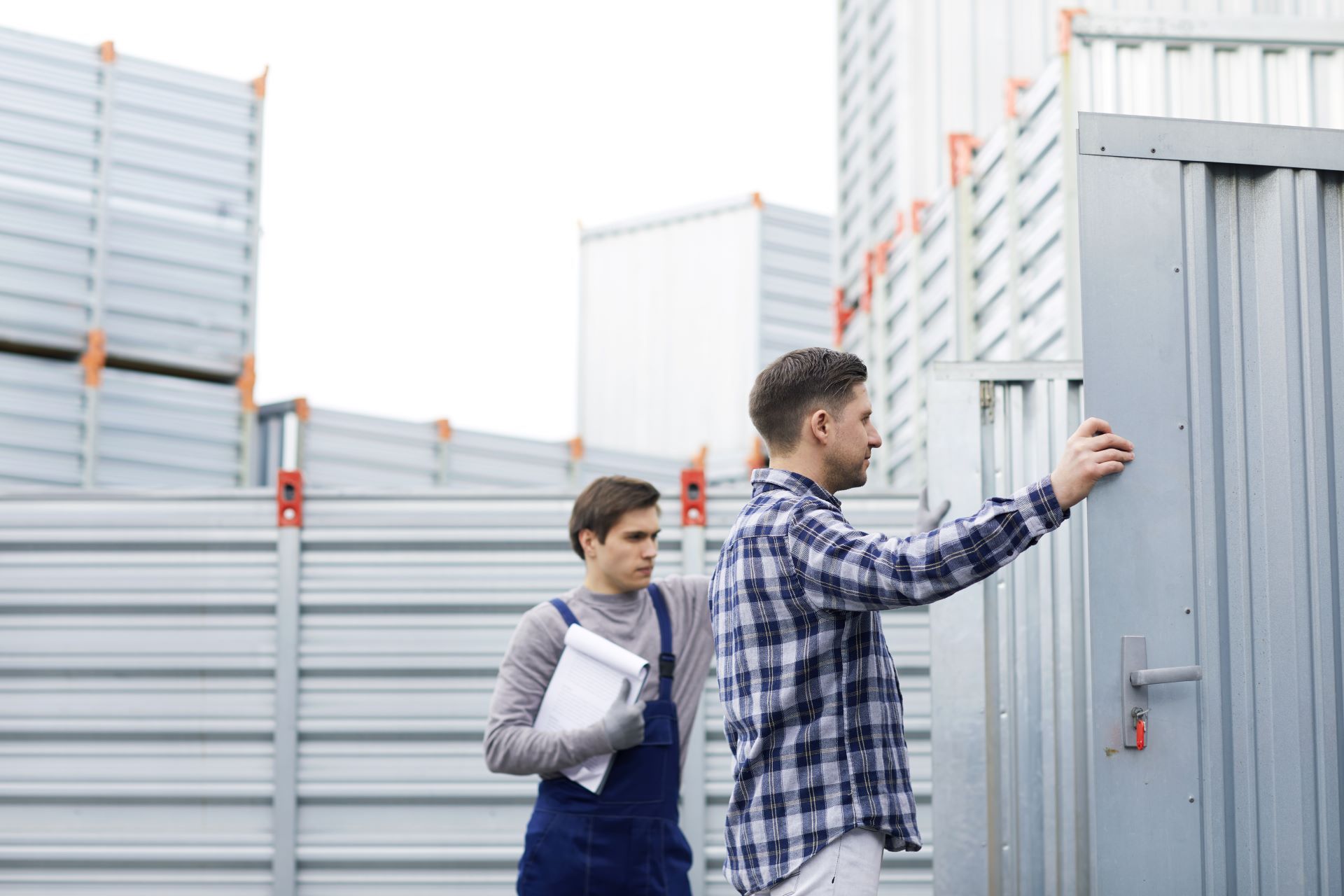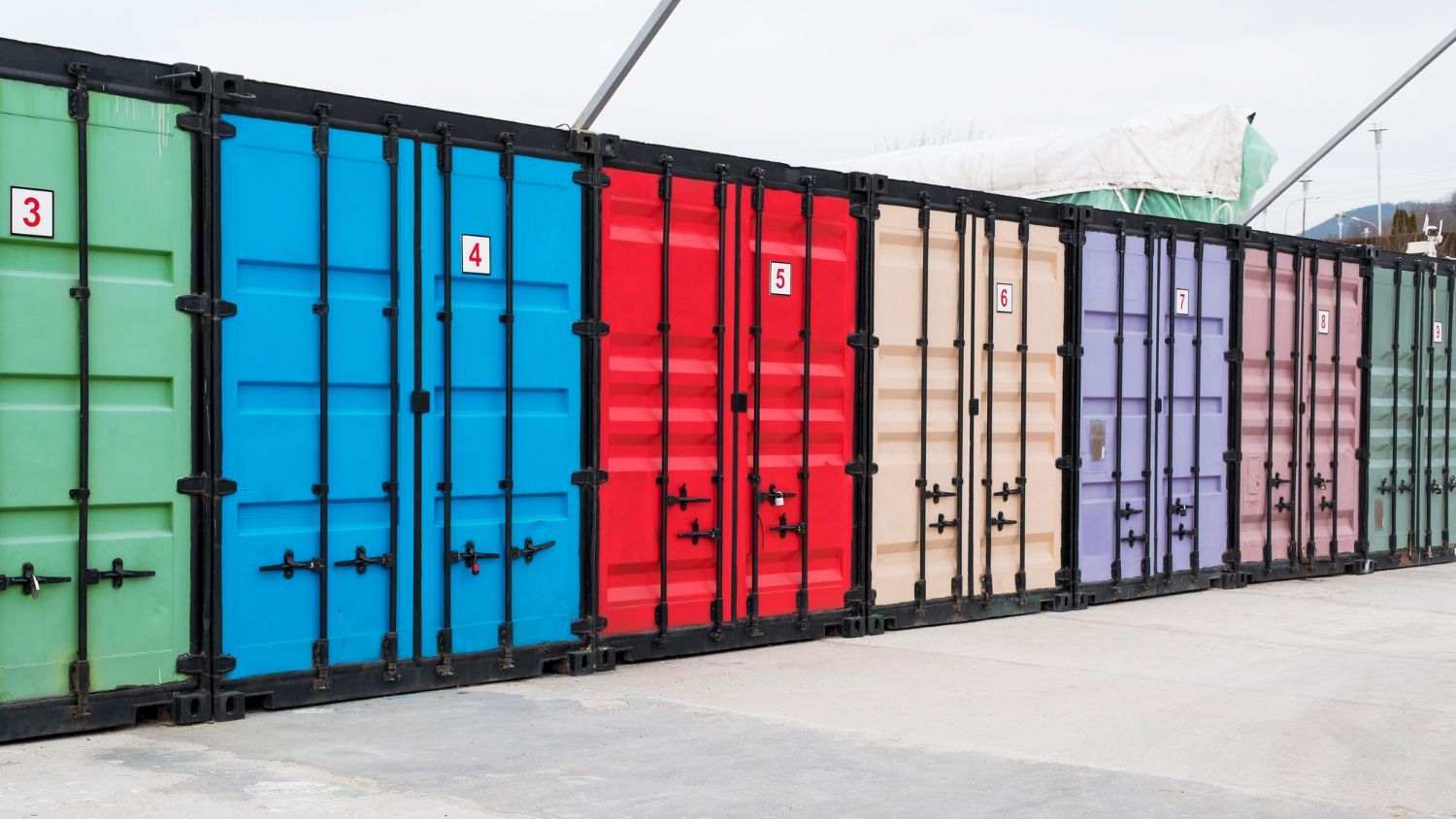OUR BLOG
What Are Shipping Containers Made of?
Shipping Container Materials and Construction
Shipping containers have become widely-used across the globe for transportation, storage, and even for constructing modern, sustainable buildings. Regardless of their use, the construction and materials of shipping containers are integral factors that define their quality, durability, and overall resilience. As an essential component of global trade and export, shipping containers are responsible for successfully transporting goods across vast distances. Consequently, understanding what these containers are made of can help businesses in making informed decisions when purchasing or utilizing them for various purposes.
In this blog, we will delve into the world of shipping container materials and construction, revealing the secrets behind their durability and versatility. From the sturdy steel framework to the protective coatings, each component of a shipping container is crafted to prolong its service life and withstand the elements. In our comprehensive exploration of shipping container materials, we will discuss:
1. The primary materials used in shipping container construction
2. The importance of Corten steel and its properties
3. Steel floor systems found in modern containers
4. Insulation options for shipping container homes and buildings
5. The role of protective coatings in shipping container maintenance
6. Tips on purchasing and maintaining shipping containers
7. The future of shipping container materials
The story of shipping containers began around the mid-20th century with a significant problem plaguing the shipping industry: the inefficiency and high costs involved in loading and unloading cargo. As a response, the standardized shipping container emerged as a game-changer, revolutionizing the shipping process by using a modular and stackable design made from robust materials. Today, the basic design of shipping containers remains largely unchanged, with its trademark corrugated steel walls and sturdy corner castings.
At the heart of every shipping container lies its core material: steel. Known for its strength and resilience, steel plays an indispensable role in providing the structural integrity needed for a container to withstand the rigors of shipping by sea, land, and even air. However, not all steel is the same, and certain types are better suited for the demands of container construction.
The Primary Materials in Shipping Container Construction
Steel remains the top choice for shipping container construction because of its strength, durability, and affordability. There are multiple steel types suitable for creating these robust structures, each with its unique properties and benefits. Three major types of steel used in shipping containers include:
- Mild Steel: Widely used for its affordability and ease of welding, mild steel is a common choice for container frames. However, it is more susceptible to corrosion than other steel types, requiring additional coatings for protection.
- Corten Steel: Also known as weathering steel, Corten steel has a unique composition, making it highly resistant to corrosion. This steel forms a stable, rust-like appearance when exposed to the elements, eliminating the need for paint to protect against corrosion. Corten steel has become the gold standard for modern shipping containers.
- Stainless Steel: While less common, stainless steel containers offer greater resistance to corrosion. They are often used for transporting specific cargo types that demand high hygiene levels, such as food or pharmaceuticals.
The Importance of Corten Steel in Shipping Containers
As the most popular choice for shipping containers, Corten steel deserves a closer look at its unique properties. This steel type is a low-alloy, high-tensile product that sets itself apart by forming a protective outer layer called "patina" when exposed to moisture and oxygen. The patina layer not only gives Corten steel its trademark rustic appearance, but it also acts as a barrier against corrosion.
Corten steel's high strength yet low weight ensures that shipping containers can withstand both the weight of stacked containers and the force of stormy seas. Its resistance to corrosion also means that containers made from Corten steel require less maintenance and have a longer service life.
Steel Floor Systems for Modern Shipping Containers
Another critical aspect of shipping container construction is the floor system. Although steel is the primary material used for the framework, the flooring material can vary. Two common floor types found in today's shipping containers are:
- Plywood Flooring: Marine-grade plywood is often used for container floors due to its strength, flexibility, and resistance to water damage. Although not as durable as steel, it provides a better surface for securing cargo and is less costly to repair or replace.
- Steel Flooring: In some cases, a steel floor may be preferable for specific container uses, such as transporting heavy machinery or hazardous materials. Steel floors offer increased durability and resistance to damage but may require additional bracing or support to sustain the container's weight.
Insulation Options for Shipping Container Buildings
Repurposing shipping containers for use in homes or commercial buildings requires proper insulation to provide a comfortable and energy-efficient space. Various insulation materials are suitable for container conversions, each offering different advantages depending on the project's needs.
- Spray Foam Insulation: Spray foam offers an excellent balance of thermal performance and ease of installation. It quickly bonds to the container walls, filling gaps and irregularities, preventing air infiltration and moisture buildup.
- Rigid Foam Insulation: Rigid foam panels provide a high R-value per inch, making them a space-saving and energy-efficient option. They can be installed on the container's interior or exterior, depending on the design requirements.
- Rockwool Insulation: Rockwool is a natural material made from molten basalt rock and offers excellent thermal and acoustic insulation. It is also fire-resistant, making it an ideal choice for applications where safety is a priority.
Conclusion
Understanding the materials and construction behind shipping containers is crucial for anyone involved in cargo transportation or looking to repurpose these versatile structures for other uses. From the resilient Corten steel walls to the practical flooring systems, shipping containers are built to withstand the rigors of transportation while providing a secure environment for goods and valuables.
Shipping containers have made an immense impact on global trade and continue to provide excellent value and versatility. As the world becomes more aware of the importance of sustainable building practices, the reuse of shipping containers creates an opportunity for innovative construction and design, moving us towards a more eco-friendly society.
Atlantic Trailer Leasing and Sales is a container and
storage trailer rental service in Atlanta, GA. We will help you make informed decisions and invest in the most suitable containers for your needs. Contact us today.
